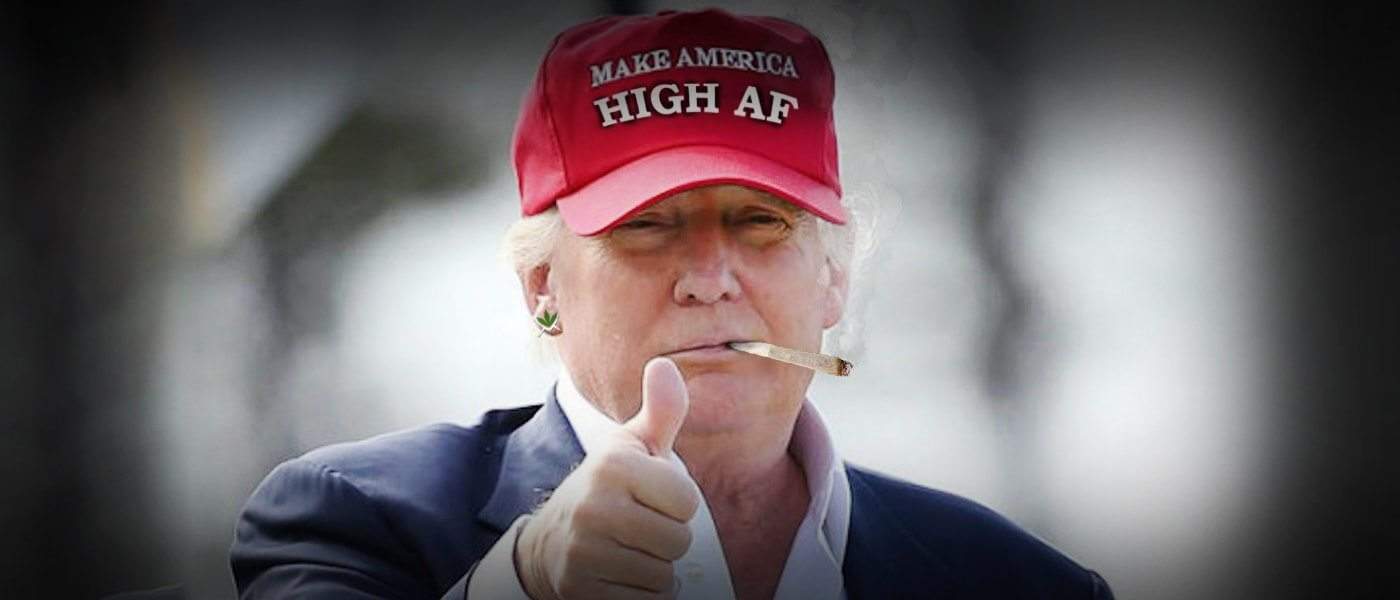Medical cannabis business owners breathe sigh of relief as Rohrabacher-Blumenauer Amendment is extended
On February 9, 2018, Congress voted to safeguard medical cannabis states from federal persecution… again. This temporary resolution under the Rohrabacher-Blumenauer Amendment will last for six weeks (concluding on March 23, 2018,) following a short-lived government closure.
It is not the first time congressional leadership has put these medical cannabis patient protections in place, with the Rohrabacher-Blumenauer initially passed back in 2014. If these protections were not established, medical cannabis dispensary owners and cultivators of the plant would be at risk of being shut down by federal enforcement.
Since the Trump administration, active business owners in the ever-growing cannabis industry have been on-alert in regards to their protections against prosecutions. Under the latest amendment, the Department of Justice (DOJ) is prohibited from using the money to assist individuals and business owners in states that have legalized medical cannabis.

Usually, the government’s budget accounts for the protection of medical cannabis operators. However, the Rohrabacher-Blumenauer Amendment maintains that states will not be stopped from “implementing their own state laws that authorize the use, distribution, possession or cultivation of medical marijuana,” using federal funding from the DOJ.
Rohrabacher-Blumenauer Amendment was passed on through the appropriations act. This was financed by the DOJ until December 8, 2017, before Congress extended it through January 19, 2018. Funding restrictions led to the expiration of the amendment and a temporary government termination on January 20, 2018. Despite this, a temporary budget was passed on January 23 and the amendment extended once more.
Difficulty in deciding on a budget is the reason why an agreement has not been met.
“We need permanent protections for state-legal medical marijuana programs, as well as adult-use. This cycle of uncertainty has to end,” Blumenauer told Leafly in a statement.
Trump’s signing statement for the first Continuing Resolution in 2017
President Donald Trump has previously stated how medical cannabis patient protections can be disregarded by his administration if they are not deemed to be Constitutional. This was made clear when he issued a signing statement with respect to the amendment.

“Division B, section 537 provides that the Department of Justice may not use any funds to prevent implementation of medical marijuana laws by various States and territories.
I will treat this provision consistently with my constitutional responsibility to take care that the laws be faithfully executed.”
With this kind of outlook, medical cannabis businesses could essentially be forced to close by Attorney General Jeff Sessions at any given moment. In the event that Sessions does clampdown, chances are a court ruling would overthrow his argument. Now, with the government back in action and protections enacted, medical cannabis patients and Sessions are facing strained relations with one another.

Rohrabacher-Blumenauer is distinct to the Cole Memo
Named after U.S. Rep. Dana Rohrabacher (R-CA) and Earl Blumenauer (D-OR), Rohrabacher-Blumenauer is a distinct protection from the Cole Memo. Attorney General Jeff Sessions made the decision to banish the Cole Memo in its entirety at the beginning of the 2018, which has since led to increased uncertaint regarding medical cannabis patient protections.
As a result of this, federal prosecutors are capable of dismantling the medical cannabis industry, including the assets contained within statewide dispensaries. Nonetheless, the congressmen who sponsor the Rohrabacher-Blumenauer Amendment have vowed to work actively from now to March 23.
“There is a lot of support on the amendment that wasn’t there before, for expanding Rohrabacher–Blumenauer to all adult use,” Aaron Smith, executive director for the National Cannabis Industry Association, said.
The ideal scenario would see the full House progress to a floor vote. However, this has been refused by House Republican leadership on more than one occasion. Each representative shares the same interest in broadening the amendment to provide protections for adult-use cannabis programs, as well as medical, should it be included in the DOJ appropriations bill.











